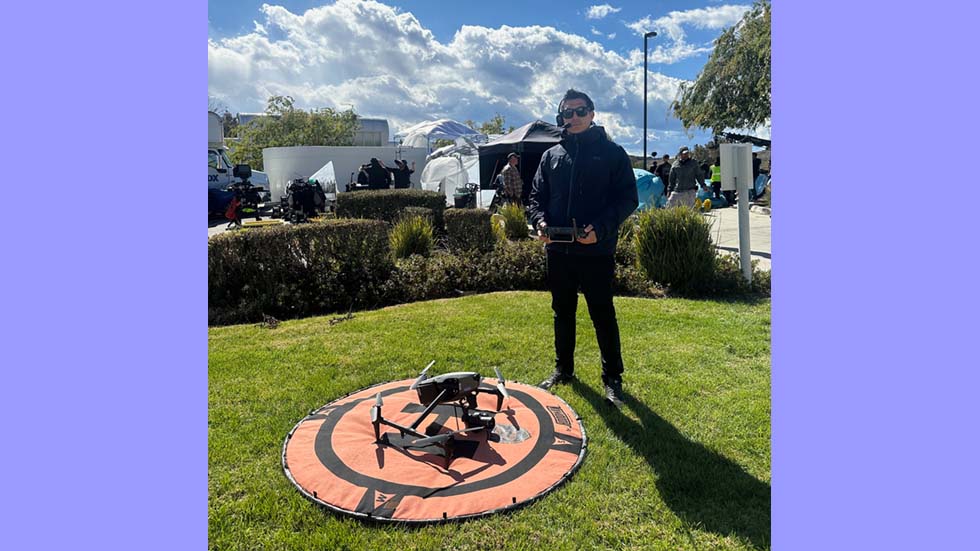FCC clarifies satellite must-carry rules
The FCC has issued an order on reconsideration of the satellite TV must-carry rules adopted in 2000. The 2000 rules require satellite carriers to carry upon request all local television broadcast station signals in local markets in which the satellite carriers carry at least one television broadcast station signal by Jan. 1, 2002. The FCC did the following on reconsideration:
- Upheld the requirement that satellite operators carry the entire primary video, accompanying audio, and closed-caption and most other data contained in the vertical blanking interval.
- Denied a request that the FCC require broadcast stations to deliver a higher-quality signal to satellite carriers than is required for cable carriage.
- Denied a request that the FCC require television stations to pay any new or additional costs to deliver a good quality signal if the carrier moves its receive facility.
- Denied a request that satellite carriers be allowed to require subscribers to purchase additional equipment, such as an additional satellite dish, to gain access to must-carry signals.
- Held that satellite carriers may offer local signals to their subscribers on an à la carte basis, and that doing so does not necessarily violate the statutory prohibition on discriminatory pricing or provision of access to broadcast stations. However, the FCC ruled that most stations should be offered to subscribers at the same or a nearly identical price. Prohibited discrimination would occur if a carrier offered some local stations in a package, while offering others on an à la carte basis.
- Denied a request that the FCC modify its noncommercial educational (NCE) carriage rule by limiting a satellite carrier's carriage obligation to only one qualified NCE station per DMA, with additional NCE stations carried on a voluntary basis, rather than requiring satellite carriers to carry all non-duplicative NCE stations.
- Denied a request that the FCC permit satellite carriers to include local NCE stations in the calculation of the four-percent public interest set-aside requirement under the Satellite Home Viewer Improvement Act.
- The FCC also ruled that, in regard to required signal strength at satellite uplink or signal relay points, if upon receipt of a must-carry demand letter a satellite carrier has a reasonable basis for believing that the station does not provide the required signal quality, the carrier must state that in a response letter to the broadcaster. If there is a reasonable basis for a carrier's concern, then the burden is on the station to pay for signal testing.
- The commission also clarified the timing requirements associated with disputes over signal quality filed at the FCC, ruling that form letters by carriers which assert that the station's must-carry election letter failed to “prove” a good quality signal are invalid responses and do not trigger a window for filing a complaint at the FCC. The station involved should respond by providing signal strength evidence and stating that the carrier has failed to meet its obligations under the rules.
In summary, the commission has clarified important issues, but the potential for significant disagreements between carriers and stations remains.
FCC relaxes DTV build-out requirements
The FCC has deferred indefinitely its deadline for stations to replicate their entire Grade B NTSC analog service areas with their DTV signals or face loss of interference protection. The previous replication deadlines were Dec. 31, 2004, for commercial stations and Dec. 31, 2005, for NCE-TV. Stations now will be allowed to construct facilities that serve only their communities of license without loss of interference protection to their entire allotted service areas.
The deadline for stations with both analog and digital channel assignments in the DTV core to elect which channel they will use after the DTV transition also was delayed. The commission stated that, with the more graduated approach, stations would have more time to increase power and gain experience at the higher power levels before having to choose which of their two channels would provide the better DTV service.
New dates for analog replication, maximization and channel election will be established during the FCC's next periodic review of the DTV transition.
The FCC refused to grant a blanket extension of the DTV construction build-out date, currently set at May 1, 2002, for commercial stations and May 1, 2003 for noncommercial stations. However, the commission is preparing a standard form to use for extension requests. That form will be due to be filed at least 60, but no more than 90, days prior to the applicable construction deadline. For the first time, the commission stated that it will, in limited circumstances, consider financial hardship as a basis for extending the DTV construction deadline.
Get the TV Tech Newsletter
The professional video industry's #1 source for news, trends and product and tech information. Sign up below.
Harry C. Martin is an attorney with Fletcher, Heald & Hildreth PLC, Arlington, VA.
Send questions and comments to: harry_martin@primediabusiness.com
Dateline
Feb. 1, 2002, is the deadline for biennial ownership reports for broadcast stations in Arkansas, Kansas, Louisiana, Mississippi, Nebraska, New Jersey, New York and Oklahoma.
